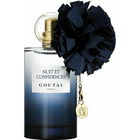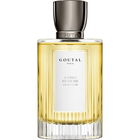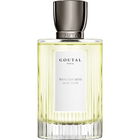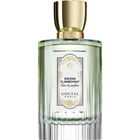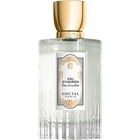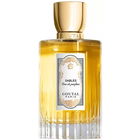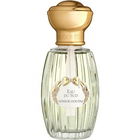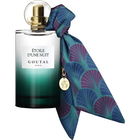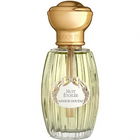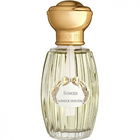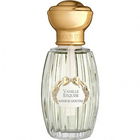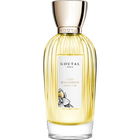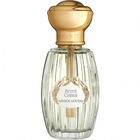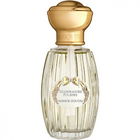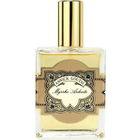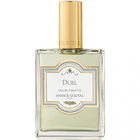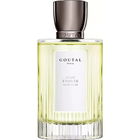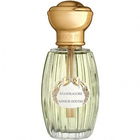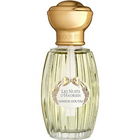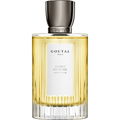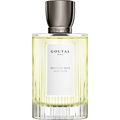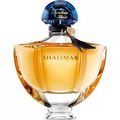Oso stood before the small table with the Latin inscription. Again and again, he had to read the lines, for although he did not understand Latin, these sparkling and fluttering syllables were for him, even as mere sound, a poem, a musical language. He had descended deep into the cool tomb chamber of Emperor Hadrian in the Castel Sant'Angelo and read the few lines on the tablet, carved in the finest Antiqua:
ANIMULA VAGULA BLANDULA
HOSPES COMESQUE CORPORIS
QUAE NUNC ABIBIS IN LOCA
PALLIDULA RIGIDA NUDULA
NEC UT SOLES DABIS IOCOS.
He knew the meaning of the words that the dying emperor had penned, which were of such painful beauty, especially since they had stood over his grave for almost two thousand years. No translation could even remotely capture this simultaneously so lively and sorrowful, this affirming and farewell-taking, this fluttering butterfly of a poem. The lines meant approximately the following:
Soul you, wandering, tender,
Companion and guest of the body,
Now leads into the gloomy realm
Shivering shadow your way,
And you will no longer jest as before...
After Oso had been unwell for a few days due to a bothersome cold, he thought during the time he still spent in Paris about what this attack on him or Elena could have been about. Although he was feeling better now, this last incident had taken quite a toll on him. Were they really Aventists? Or was it someone who merely wanted him to think that? What else could the rider figure on the assailant's hoodie mean? He no longer wanted to impose on Elena's hospitality, as his presence could pose a danger to her. His scholarship from the Olfactory Academy was not designed for constant travel across Europe, but he managed to snag a cheap flight and flew to Rome. He told Elena he would get back to her soon, and she accompanied him to Orly Airport in the morning, where she slipped him a small, already opened bottle as a farewell gift. She said it would surely be suitable for a lemonatic like him. But he should only try it out in Rome, at the best possible place for it, namely at the grave of Emperor Hadrian. So, after stowing his things in a guesthouse in the San Lorenzo district, he soon made his way to the Castel Sant'Angelo. The city was simmering in oppressive summer heat. How pleasant it was to step into the coolness behind the thick walls of the mausoleum. It became his own little ritual. He waited until the three visitors who were with him in the tomb chamber disappeared back upstairs and took out the small square bottle from his pocket, spraying it once into the air, then once towards the grave, and once onto himself in the open collar of his shirt. He felt that this homage, this dedication from the perfumer, the fragrance of Hadrian, was being transformed into reality, so to speak giving the emperor what belonged to the emperor. A hint of freshly grated lemon peel filled the air. Tart, vibrant, and very authentic and natural. Like the fluttering little soul from the poem, the lemon scent surrounded him, never distracting from its main theme. Didn't it wonderfully fit the essentialism or even the asceticism of the emperor, this restriction to the essential, but of course, a restriction in abundance, which was merely a refinement of an even greater kind? A clearer taste that distinguished Hadrian from the love of opulence and excess of many of his contemporaries, but perhaps also merely showed the vanity or extravagance of his highness. Lemon, lemon -- what could that possibly mean? Oso knew better than anyone that one always needed a interplay of several notes to create the illusion of something singular. In the coolness of the mausoleum, the lemony top note unfolded almost in slow motion and did not explode, as it would have in the heat above. But Oso now went back upstairs and constantly murmured the Latin syllables like a mantra: "Animula, vagula, blandula, animula, vagula, blandula…". Almost not knowing how he had gotten there, he crossed the bridge, sniffed grapefruit and wood, and followed the street into the houses, he wanted a coffee and a glass of ice-cold water, for after just a few minutes, the coolness of the tomb had vanished and the refreshment was gone. But the scent showed in the heat how unsweaty and dry the lemon was held by the wood note. Oso had to think of his old master from the academy, to whom the essences obeyed and always led to the effect he had previously announced.
Oso entered a small bar, and behind the counter stood a man with a curly full beard in the Greek style and a simultaneously sensual and sensitive expression around his mouth. Oso ordered a glass of mineral water, and the man asked him with a smile: "Con Limone?"
"Very gladly," said Oso, wondering where he recognized the handsome face of the man behind the bar from. He had just seen him; he had been carved from stone. It was Emperor Hadrian.
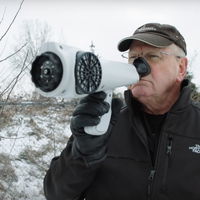











 Top Notes
Top Notes  Citron
Citron Sicilian lemon
Sicilian lemon Bergamot
Bergamot Grapefruit
Grapefruit Heart Notes
Heart Notes  Juniper berry
Juniper berry Italian green mandarin orange
Italian green mandarin orange Base Notes
Base Notes  Cypress
Cypress Musk
Musk Ylang-ylang
Ylang-ylang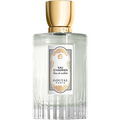
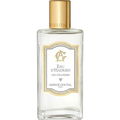








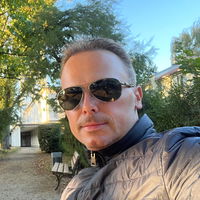



 Noirroses
Noirroses Greenfan1701
Greenfan1701 Rivegauche
Rivegauche Reiser
Reiser KleineHexe
KleineHexe Kankuro
Kankuro Minigolf
Minigolf Baneling
Baneling MalaNoche
MalaNoche Stefanu155
Stefanu155